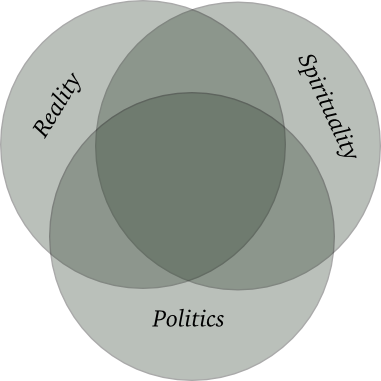
(This is the completion of a story which begins here. The first part ended by saying...)
THE SECRET TO THIS transformation of humanity from a species of equals into a species of slaves and masters was not, in its essence, a mere matter of economics, or force, or even disinformation about the nature of the world.
No king could ever have tricked or forced or bargained the egalitarian ancestors of humanity into slavery.
There was a difference between the humans who fell on their faces before their king and their forefathers and foremothers.
They had been weakened at the core.
And the secret of this weakening harked back to the lessons learned from the taming of the wolves—to a phrase on the lips of the humans who tamed them.
"Bad dog!"
It wasn't, of course, the exact words that mattered; it was the idea behind them.
It was the idea that the trainee had a responsibility to submit; that the natural instincts, the needs and desires of the trainee were beside the point; that everything the trainee did was "good" or "bad" depending on how closely it matched the agenda of the trainer .
It was the idea that the trainer must insure that the hierarchy is followed at all costs—that the worst possible sin is to question those in power over you.
And it was the idea that each of us, in multiple ways, were both trainer and trainee—creating a great interlocking chain of slaves and masters—that none of us were, or should be, free or equal.
As humans began to use the skills they had learned from training dogs on their own children, they also taught their children (at the earliest and most impressionable age) another lesson—a lesson they probably didn't intend.
If you follow your own instincts you are "bad"; if you follow orders you are "good".
They had no way of knowing that they were teaching their children to be slaves.
They had no way of knowing that they were making them easy prey for priests and kings.
They had no way of knowing that they were destroying the child's center—the child's trust in its own goodness, in the worth of its own values.
And so, the kings and their priests learned how to take advantage of this weakness at the core.
They created great kingdoms, filled with immensely wealthy palaces and temples, built on the backs of common people who labored and worked in poverty, without dignity or liberty.
For centuries kingdoms and empires rose and fell, and the common people suffered.
But that is not the whole story.
There are two more things you must understand.
The first is that this damage to the human soul—as bad as it was—never completely destroyed the wisdom and integrity we inherit from our hunter-gatherer ancestors.
Deep within us, through all those centuries, our heritage as human beings—the longing for equality, for liberty, for the ability to work and build a life and to enjoy all the fruits of our labors together—remained strong.
It surfaced in our literature, within our religions, even within our political structures, time and time again.
It can be found, mixed with the authoritarian teachings of kings and priests, in the words of prophets and teachers throughout the centuries.
We never lost it.
The second thing is that this story might make it appear that humanity has been split between the priests and kings on the one hand, who do not question their own values and desires while manipulating everyone else's, and the common people on the other hand, who have lost their own center and are merely victims.
But it's not that simple.
We are all partly victims and partly perpetrators of this system.
Who has not insisted on ordering others about, or manipulating others to his or her own will, given the chance?
Who has not used the power of guilt, of the internalized "bad dog", to control others?
And which of us, no matter how high in the hierarchy, doesn't feel, sometimes, like a bad dog?
What priest doesn't have doubts about his own goodness?
Some of us, indeed, enjoy the fruits of the system excessively, while others create those fruits without fair compensation, but each of us also contains the entire system within us, and each of us, at one time or another, plays both the role of victim and of victimizer.
The problem is relational as well as economic, spiritual as well as political.
Recently, within the last thousand years, we have begun to emerge from this nightmare—and the United States was one of the leaders in the struggle.
Some of our progress has been real—the Magna Carta, the establishment of democracies, unions demanding fair compensation for a day's work.
Some of the progress has been an illusion—we no longer have kings, but we still have king-makers, we no longer have slaves, but we still have wage-slaves.
We still have enormous differences in wealth.
But we are, for the most part, on the right track—closer to the equality and liberty which is our birthright than we have been for thousands of years.
Whether the trend will continue, how this parable will end, remains to be seen.
We will not go back to being hunter gatherers, that much is certain.
But what we will become, how or whether we will find equality and freedom once again, is up to us.






